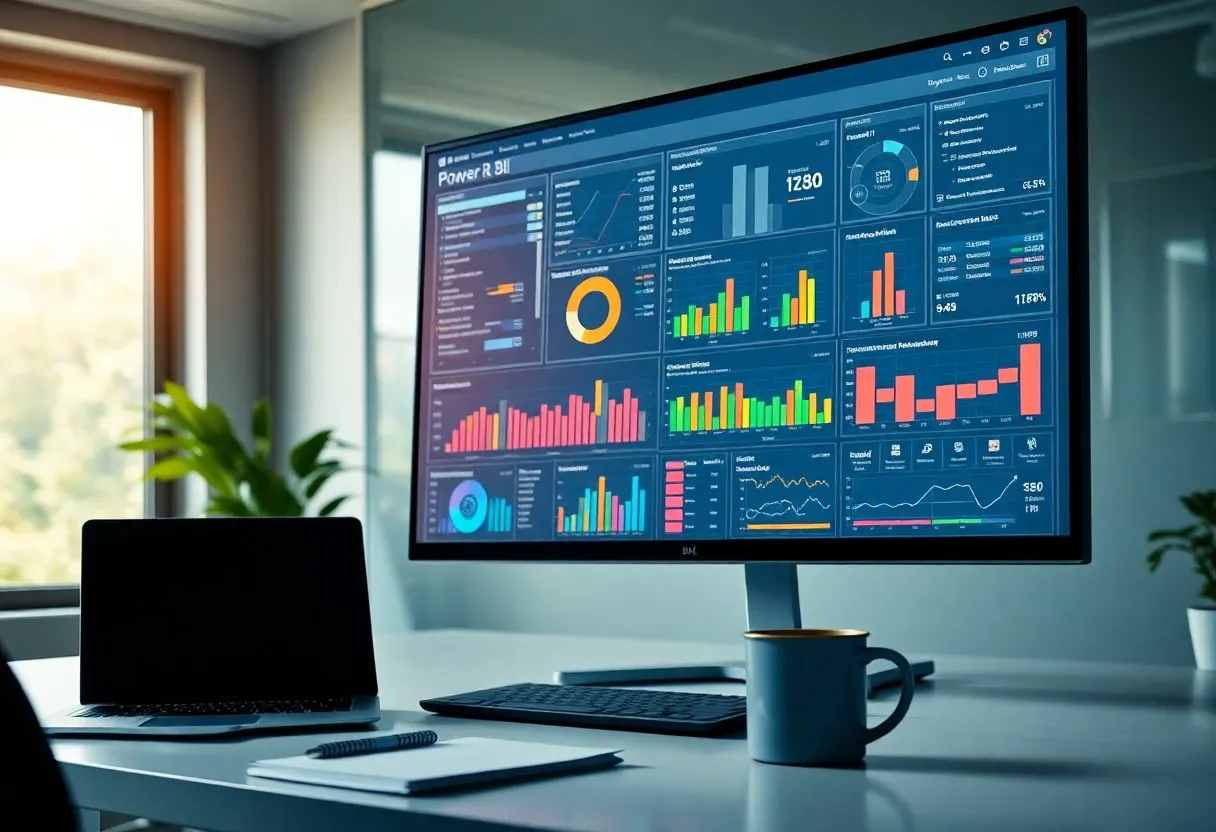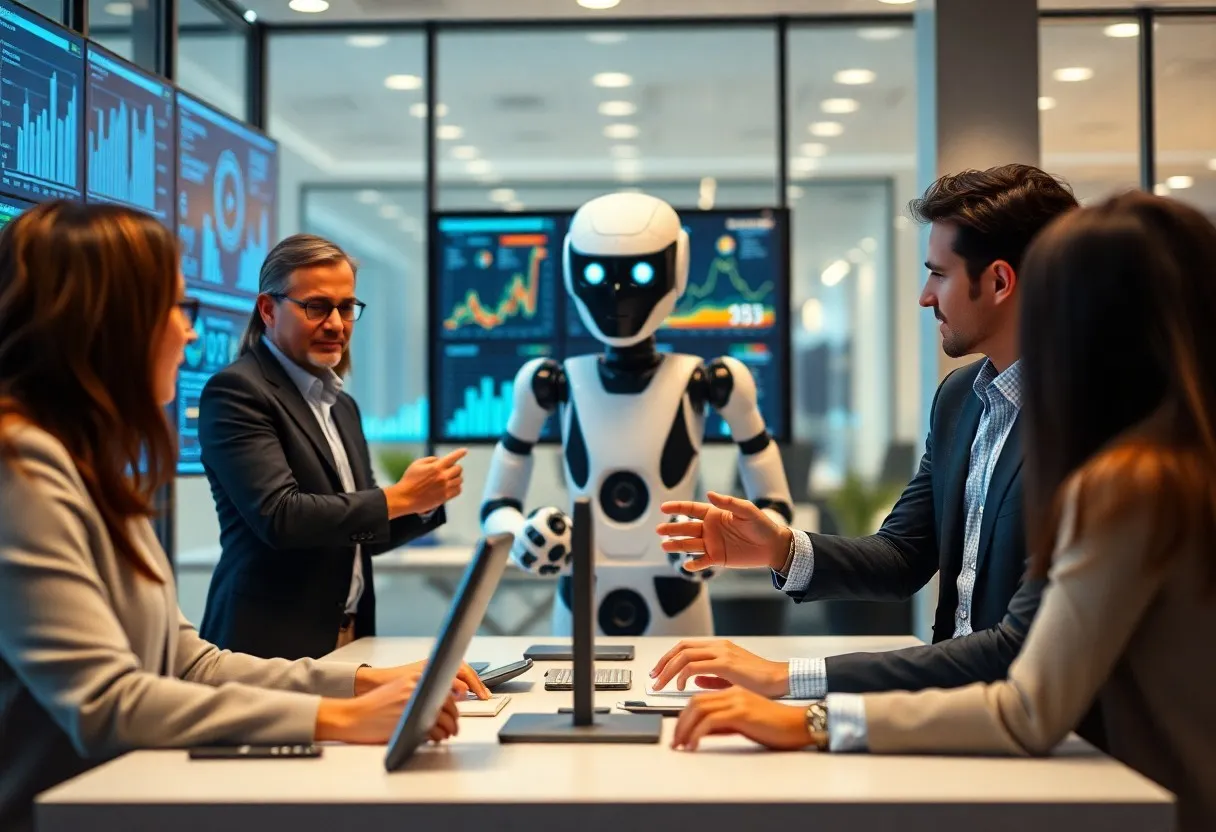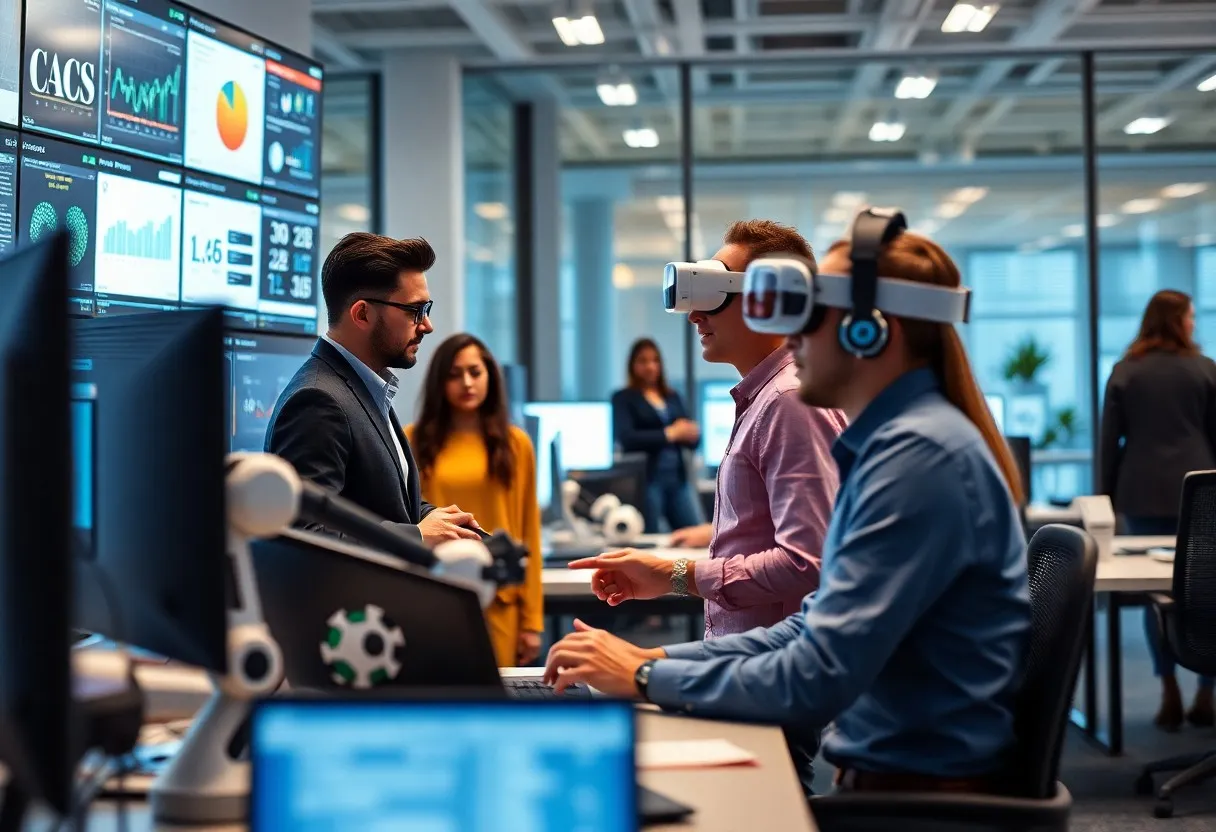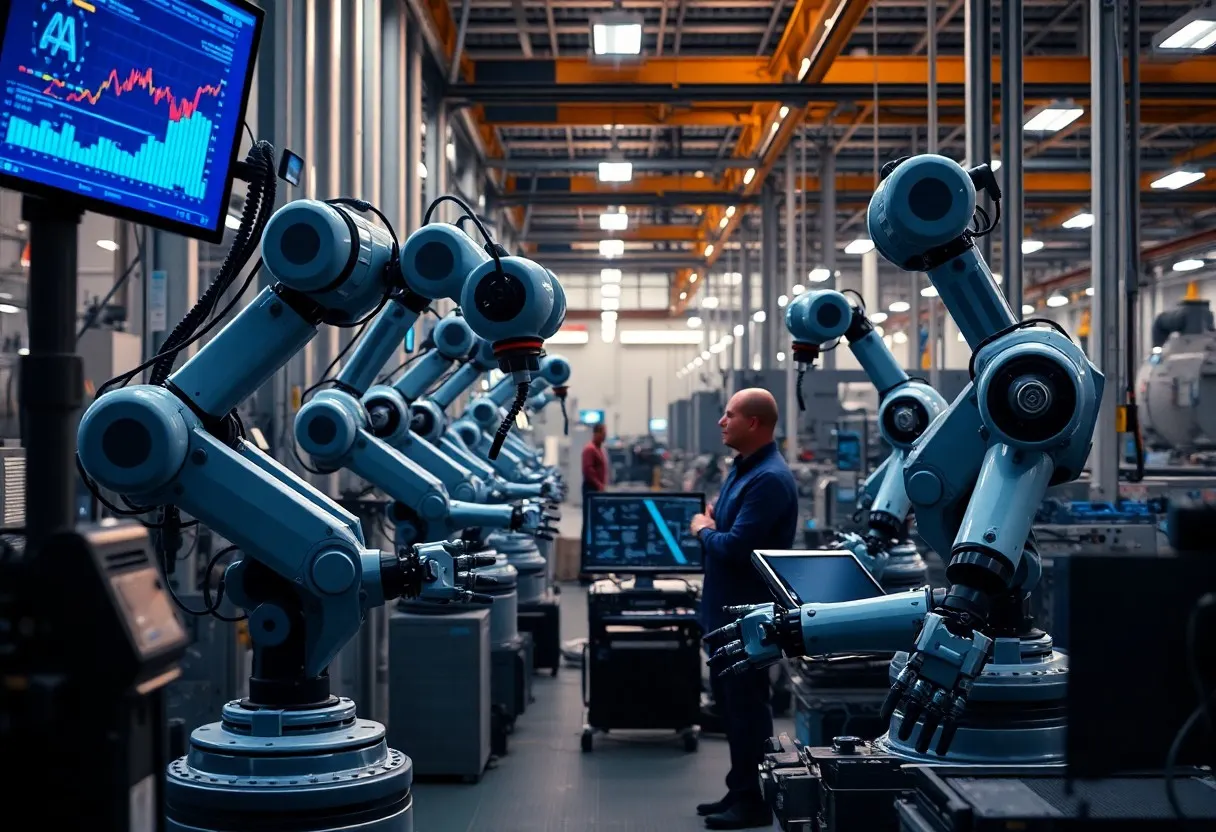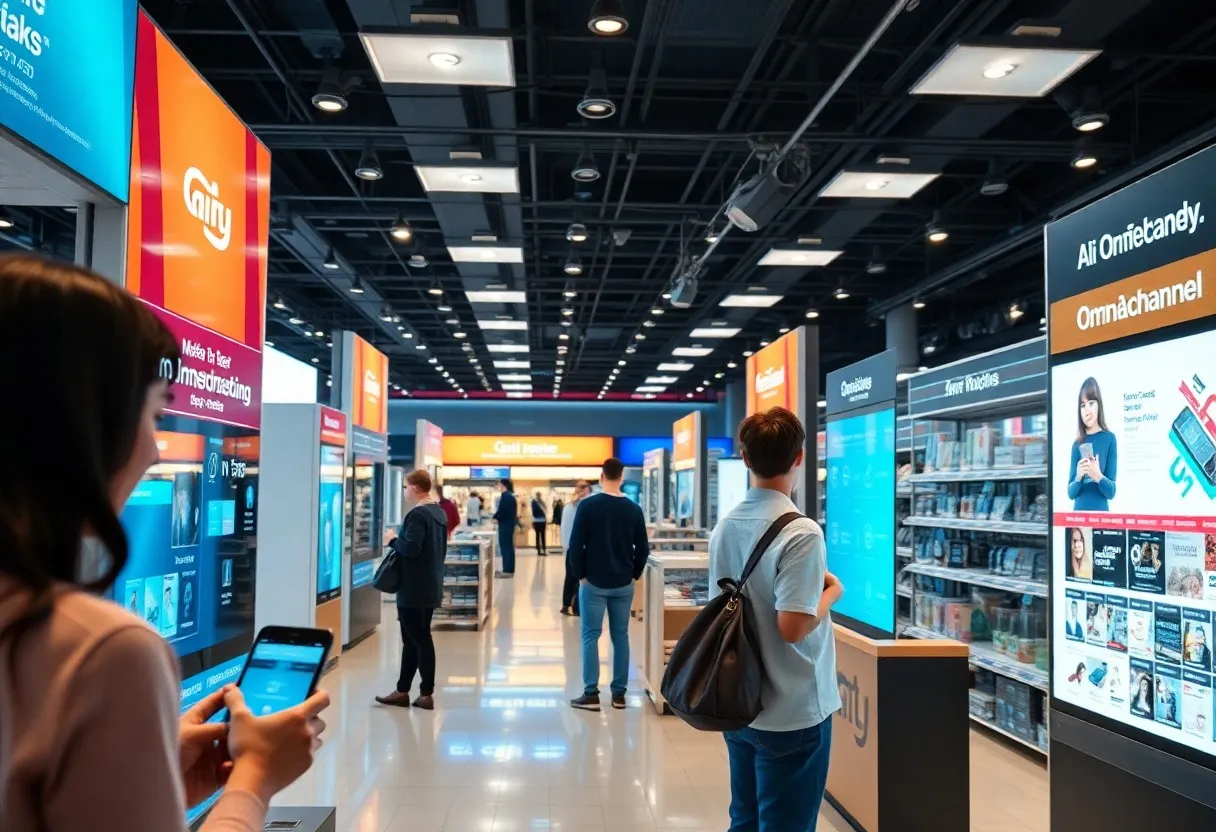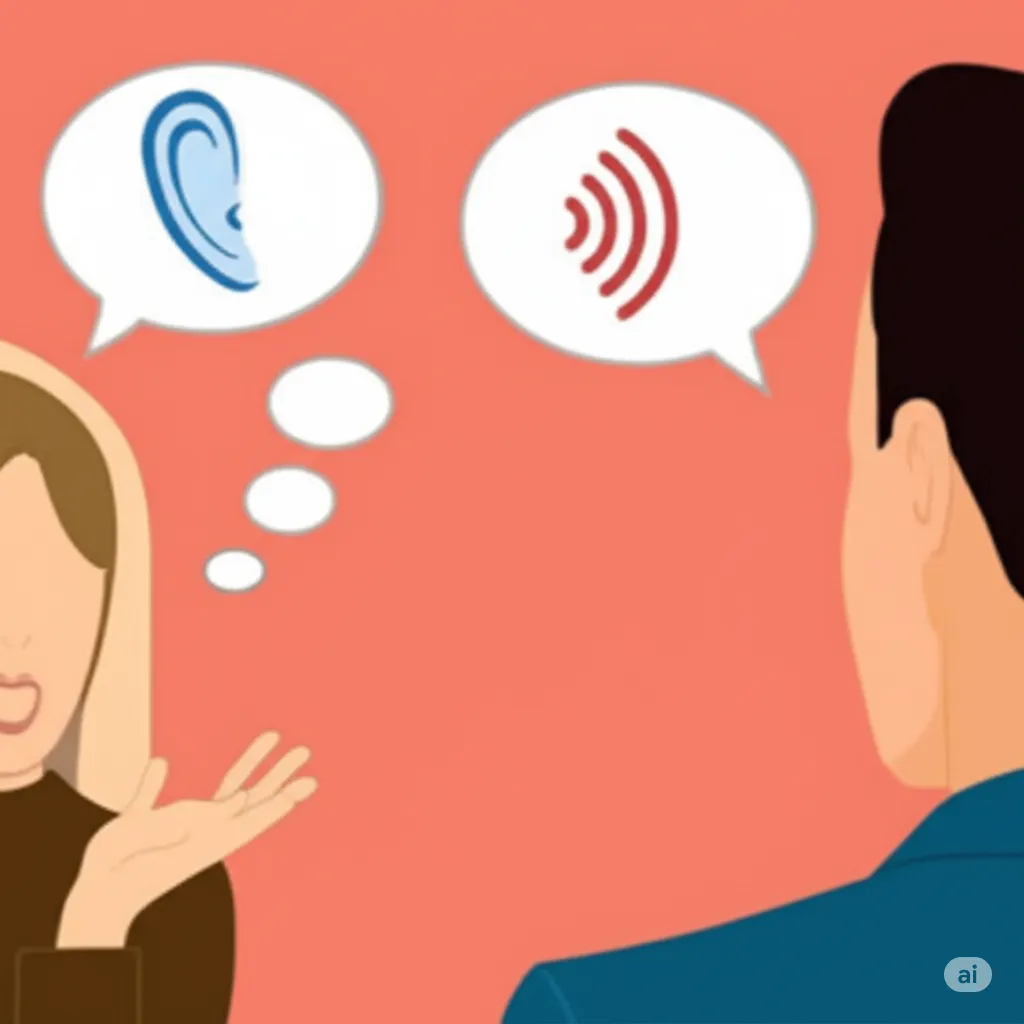AI Trends Driving Breakthroughs In Everyday Technology
AI continues to transform our daily lives in ways we may not even notice. As I explore various trends reshaping technology, I'll share insights on how artificial intelligence enhances the tools you use every day—from smart home devices to personal assistants. Understanding these advancements not only keeps you informed but also empowers you to make the most of the technology that surrounds you. Let's look into the exciting AI trends that are driving these remarkable breakthroughs!
AI's Role in Personal Devices
Personal devices have undergone a stunning transformation thanks to AI integration, enhancing user experience and functionality. As I navigate my smartphone, I notice sophisticated algorithms working behind the scenes to tailor content, recommend apps, and even optimize battery life based on usage patterns. Voice-activated assistants, powered by machine learning, have become indispensable companions, managing calendars, answering queries, and controlling connected devices effortlessly.
Transformative Features in Smartphones
Smartphones are now more than communication tools; they have evolved into intelligent devices that predict our needs. Features like adaptive battery management adjust power usage according to your habits, while facial recognition improves security and convenience. The aesthetic of mobile photography has also reached new heights, with AI-driven camera software optimizing images in real-time, ensuring that every shot captures the perfect moment flawlessly.
Smart Home Innovations and Automation
Smart home technology, fueled by AI, dramatically changes how we interact with our living spaces. By learning from your routines, connected devices adjust settings to create a seamless and efficient home environment. For instance, smart thermostats can adjust the temperature based on your schedule, while intelligent lighting systems create the perfect ambiance without manual input.
Smart home innovations extend beyond convenience; they enhance safety and energy efficiency. Systems like smart security cameras utilize AI to distinguish between familiar faces and intruders, sending alerts when necessary. Additionally, smart appliances can monitor energy consumption patterns, providing insights that help reduce utility costs. In fact, reports indicate that homes equipped with smart technology can save up to 30% on energy bills. The integration of these AI-driven solutions offers a glimpse into a future where our homes not only adapt to our preferences but also promote sustainability and security.
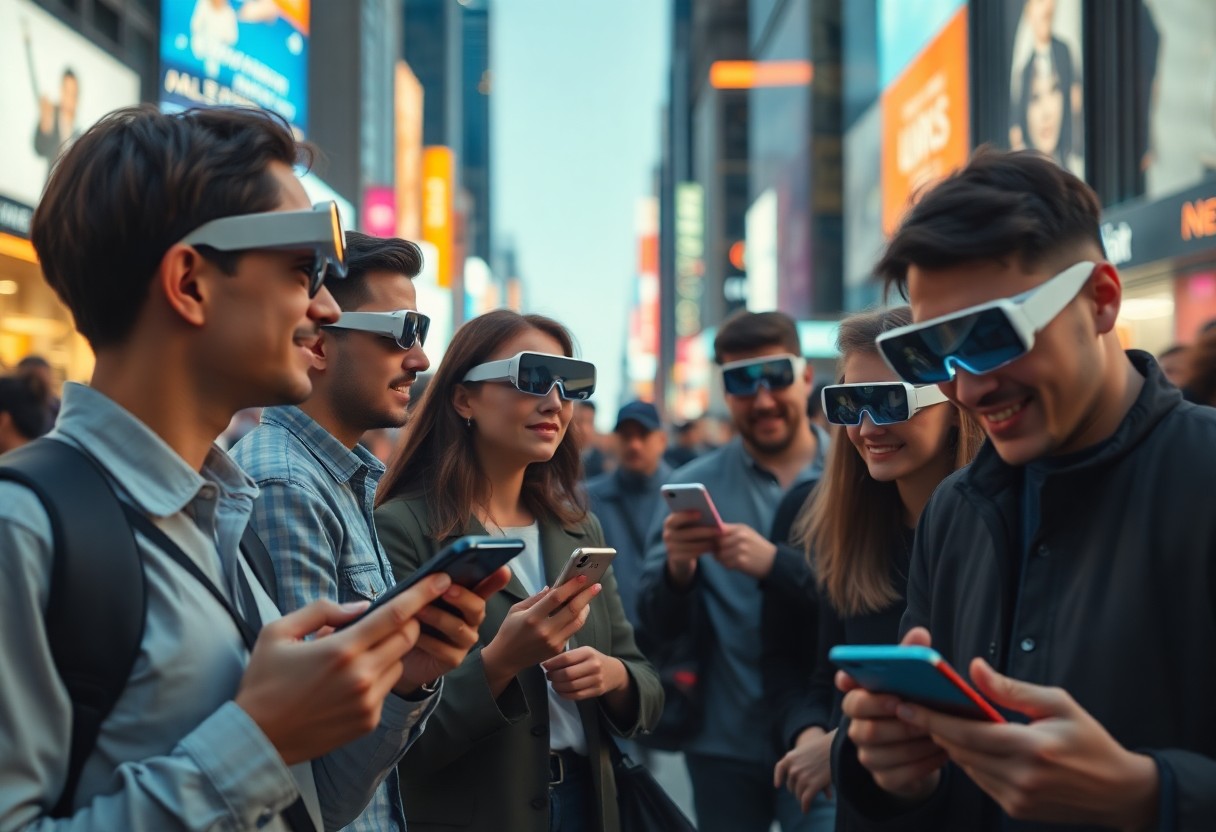
Revolutionizing Communication
AI is fundamentally changing how we communicate, bridging gaps that once seemed insurmountable. Innovations like real-time translation and smart messaging applications are enhancing both personal and professional exchanges. These advancements not only increase efficiency but also foster deeper connections among users around the globe. As I continue to witness these changes, I recognize the profound implications they hold for collaboration and understanding in diverse environments.
AI-Powered Virtual Assistants
Virtual assistants like Siri, Alexa, and Google Assistant are becoming increasingly sophisticated, learning from user interactions to provide personalized responses and recommendations. They streamline daily tasks, helping users manage schedules, answer questions, and even control smart home devices, thereby making communication more accessible and efficient.
Enhanced Collaborative Tools for Remote Work
The rise of remote work has spurred the development of AI-enhanced collaborative tools like Slack, Trello, and Microsoft Teams, which optimize teamwork regardless of location. These platforms utilize AI algorithms to streamline project management and facilitate instant communication, ensuring that teams remain connected and engaged, even from afar.
These collaborative tools feature smart notifications and centralized project updates that help minimize the chaos that often accompanies remote work. By leveraging AI, they can prioritize tasks based on deadlines and team availability, as well as intelligently suggest the best times for meetings. I find that such technology not only enhances productivity but also strengthens team camaraderie, allowing us to work seamlessly together, regardless of physical distance. This evolution in communication has opened new pathways for creativity and collaboration, reshaping how we approach work in this digital age.
Data-Driven Insights in Everyday Services
Data-driven insights have become a game-changer for businesses across various sectors, allowing them to tailor services that meet our needs more effectively. With the help of advanced analytics and machine learning algorithms, companies now sift through vast amounts of data to determine patterns and preferences, leading to improved customer interactions and better decision-making. This transition toward a more personalized service framework enhances the overall customer experience, ensuring that you receive offerings that resonate with your specific preferences and behaviors.
Personalized Recommendations in E-Commerce
In e-commerce, personalized recommendations have transformed the buying experience, effectively guiding you toward products you’re likely to love. Leveraging algorithms that analyze browsing history, purchase patterns, and customer reviews, sites like Amazon and Netflix can offer tailored suggestions that enhance your shopping journey. This level of customization not only boosts your satisfaction but significantly increases conversion rates, with studies showing that personalized product recommendations can lead to a 10-30% increase in sales.
AI-Enhanced Customer Service Experiences
AI has revolutionized customer service, using chatbots and virtual assistants to provide immediate assistance and resolutions. By pilfering through extensive FAQs and prior customer interactions, these AI systems learn to offer precise answers, reducing wait times and enhancing satisfaction. Major brands have reported that integrating AI-driven support has improved first-contact resolution rates, ultimately saving both time and resources while keeping you engaged and satisfied with rapid service.
When exploring AI-enhanced customer service experiences, consider how companies like Sephora and H&M have effectively utilized AI for virtual beauty consultations and personalized fashion advice. By employing chatbots that can analyze your previous shopping habits and preferences, these retailers create an interactive dialogue that feels both engaging and relevant. Reports show that brands leveraging AI in customer service have noted a reduction in operational costs by up to 30%, while simultaneously enhancing customer loyalty through timely and relevant interactions. This innovative approach to service not only meets your immediate needs but builds long-lasting relationships between you and the brand, paving the way for future interactions that feel intuitive and personalized.
The Intersection of AI and Health Technology
The integration of artificial intelligence into health technology is a game changer, reshaping diagnostics, treatment plans, and overall patient care. These advancements not only enhance the speed and accuracy of medical processes but also personalize healthcare experiences, making them more effective than ever before. I find it fascinating to see how these innovations are becoming an indispensable part of our everyday lives, ensuring better health outcomes and improved access to care worldwide.
Wearable Devices: Monitoring Health in Real-Time
Wearable devices have become a significant part of the health technology landscape, providing real-time data that empowers both users and healthcare providers. Whether it’s tracking heart rate, sleep patterns, or glucose levels, these gadgets give individuals valuable insights into their health status. The data collected can even be shared with medical professionals, allowing for timely interventions and personalized care plans tailored to your unique health needs.
AI in Telemedicine: Revolutionizing Patient Care
Telemedicine powered by AI is dramatically transforming how we access healthcare. Through virtual consultations, patients can receive expert opinions from specialists without the need for travel, saving time and resources. I’ve seen platforms deploy AI algorithms that assist doctors in diagnosing conditions based on patient inputs during video calls, leading to more precise assessments and treatments.
In telemedicine, AI effectively enhances communication between patients and providers. For example, platforms like Babylon Health utilize AI chatbots that assess symptoms and recommend next steps, allowing patients to triage their illnesses before speaking to a doctor. Moreover, machine learning can analyze vast datasets gathered from telehealth consultations to predict healthcare trends and identify at-risk populations. Thanks to these advancements, I see a future where remote care is not just a convenience but a vital component of healthcare delivery, making it accessible to all regardless of geographical constraints.
Ethical Considerations in AI Evolution
As technology rapidly advances, ethical considerations in AI have become paramount. The deployment of AI systems poses significant risks, including invasive surveillance, manipulation of information, and potential job displacement. It's critical to navigate these concerns responsibly, balancing innovation with societal values. We must continuously evaluate the implications of AI and ensure ethical frameworks are in place to guide its development and implementation responsibly.
Addressing Bias and Fairness in Algorithms
Algorithmic bias is a pressing issue, as AI systems can inadvertently perpetuate or amplify existing societal inequalities. For instance, facial recognition technologies have demonstrated racial and gender biases, resulting in misidentification and unequal treatment of marginalized groups. To combat this, developers are increasingly focused on creating diverse training datasets and implementing fairness-aware algorithms that promote equitable outcomes across demographics.
The Future of Privacy in an AI-Integrated World
In an AI-integrated world, privacy concerns are heightened, particularly as systems gather and analyze vast amounts of personal data. Striking a balance between innovative AI applications and individual privacy will require robust data protection measures and transparency from organizations. Emerging regulations, such as GDPR and CCPA, aim to safeguard personal information, but ongoing dialogue about best practices is vital to adapt to evolving technological landscapes.
The future of privacy in an AI-integrated world will require more than compliance with existing laws; it demands a cultural shift towards prioritizing user autonomy and informed consent. As AI systems become more sophisticated, you may find that consent mechanisms need to adapt, allowing for clearer choices about data usage. With advancements like federated learning—which enables AI training without direct access to user data—we can harness the benefits of AI without compromising individual privacy. Organizations must proactively invest in technologies and frameworks that protect user data while maximizing AI's potential, fostering trust and collaboration between tech developers and users.
To wrap up
Ultimately, as I explore the AI trends transforming everyday technology, I find that these advancements offer remarkable opportunities for innovation and efficiency. By understanding how AI enhances our daily experiences, you can better embrace these changes in your own life. From smart assistants to personalized recommendations, these technologies are reshaping how we interact with the world around us. As we move forward, I encourage you to stay informed and adaptable, ensuring you harness the full potential of AI in your everyday routines.



